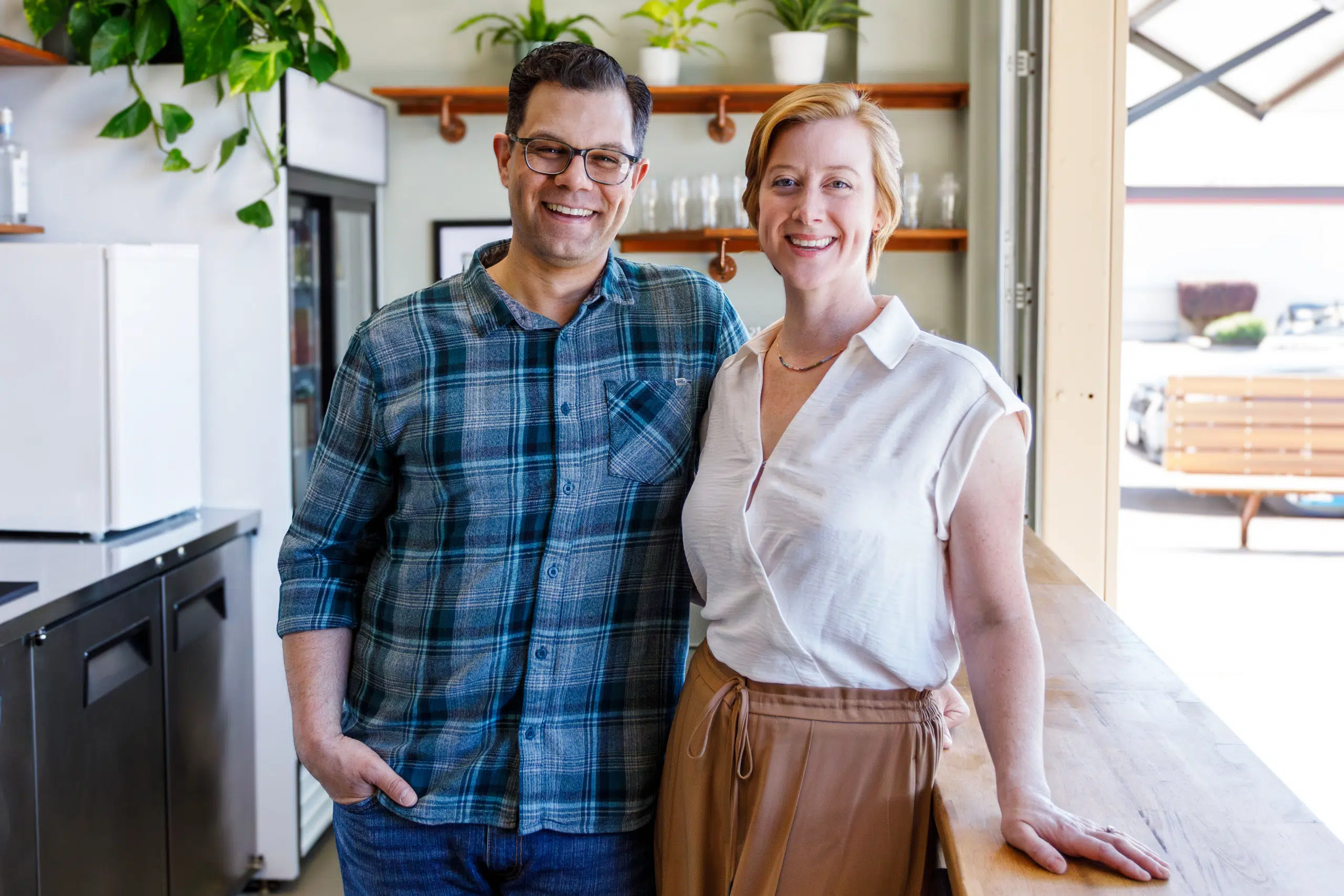JUL 30, 2024
ALEXANDRA CASPERO
By 2027, non-alcoholic options are set to command nearly 4% of total alcohol volumes in the top 10 global markets. Alcohol-free cocktails, once an afterthought, are no longer a niche trend. Leading this shift are millennials and Gen Z, with 61% reportedly trying to drink less in 2024 and 45% of millennials identifying as “substituters,” consuming no or low-alcohol beverages on certain occasions.
This surge in mocktails challenges long-held notions about socializing and celebration in the United States. The NC Solutions Consumer Sentiment Survey for 2024 shows that 84% now view drinking as a major cultural component, a notable 9-point drop from 2023. Similarly, just 20 percent of Americans of legal drinking age under the age of 28 said they regularly drink beer, wine, or spirits.
Demetra Kafkas, bar manager at The Alida in Savannah, GA, agrees with the trends. “Gen Z is definitely leading the trend towards non-alcoholic and low-alcohol beverages and has the greatest appreciation for our zero-proof selections.”
Simultaneously, mindful drinking is gaining traction. This approach, involving conscious consideration of drinking frequency, duration, and quantity, resonates with over a third of Americans. A significant 34% identify themselves as mindful drinkers, signaling a shift towards more intentional consumption habits.
Kafkas adds, “We have a lot of long-term guests that stay in the hotel, and they’re not trying to catch a buzz every night, and our zero-proof options help curb the desire for something interesting or different to drink.”
This trend aligns with health-conscious behaviors. Millennials exceed the global average in both physical activity (43% vs. 37%) and environmental concerns (61% vs. 55%). Notably, 54% of these low-and-no-alcohol consumers still enjoy traditional alcoholic beverages. Rather than complete abstinence, people should focus on moderation.


